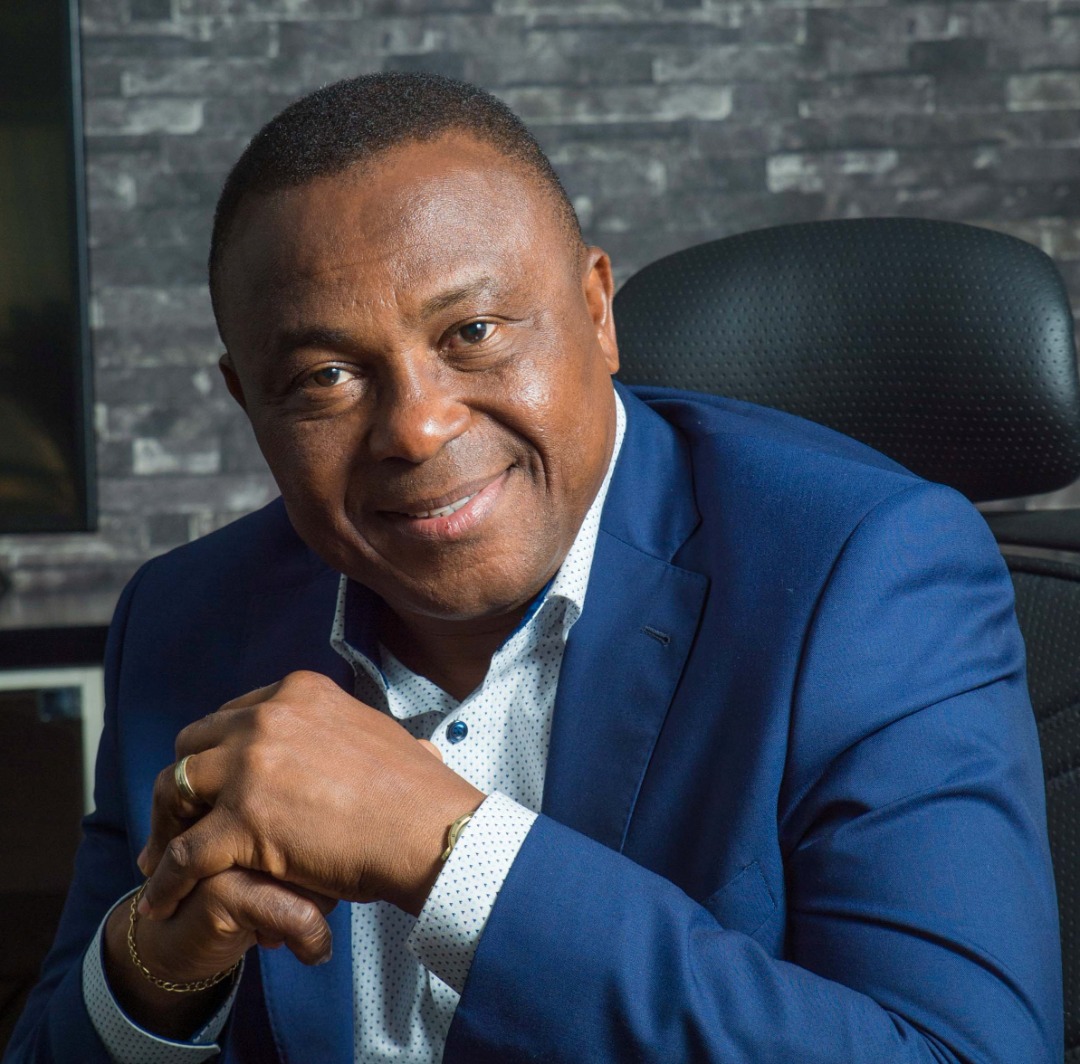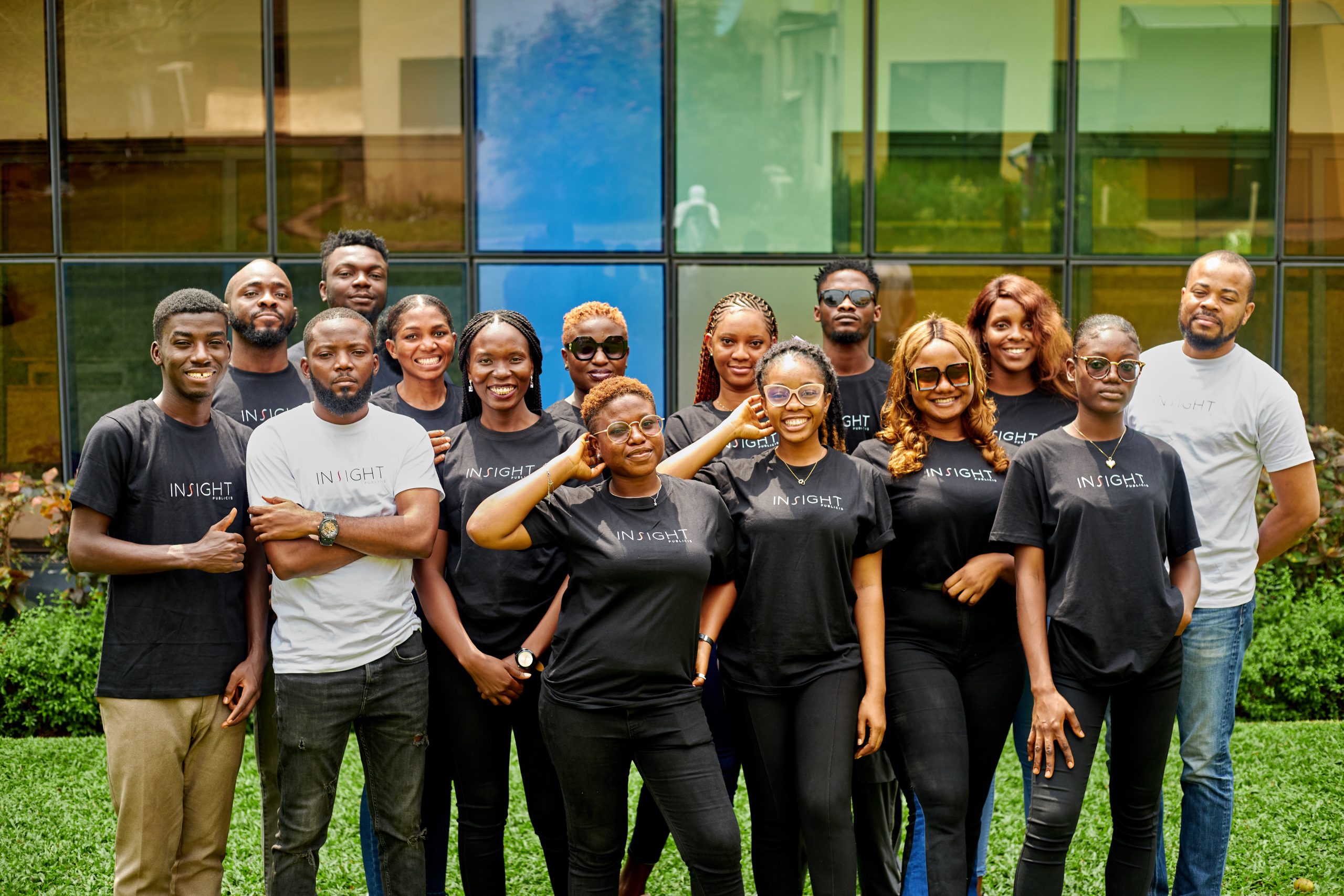
Technology remains future mandate for IMC – Okeke
Emeka Okeke, Group Chief Executive Officer of MediaFuse-Dentsu International, has expressed concern over the increasing rate at which talents relocate from Nigeria, while emphasising that technology remains the future mandate for the Integrated Marketing Communication (IMC) industry.
Stating this during his presentation at the MARKETING EDGE 2022 summit, which was held recently at Harbor Point event centre, Victoria Island, Lagos, the IMC expert noted that digital revolution has changed audience consumption patterns for newspapers, TV, and radio campaigns.
Okeke, who was the Guest Speaker, addressed the theme: “Technological Explosion in the Digital Age: Imperatives for the Marketing Communications Industry”.
According to him, agencies must invest in data and technology to be relevant in the 21st century.
While urging agencies to train talents, Okeke said, “The current trend of our talents leaving Nigeria for other countries calls for concern. Though technology is good, we must find a way to retain our best talents. Nigeria is better for those of us running abroad if the operating environment is safe and made conducive for business and talents to thrive.
“In addition, agencies must be ready to invest in data and human capacity development. We can’t wait for clients to do that on our behalf because we need the data for efficient delivery and track results. MediaFuse-Dentsu’s Consumer Connection System, for instance, has continued to make us stand out in the industry.”
Highlighting the importance of technology, the IMC guru added that tech is the bedrock of media measurement and evaluation. “Technology affects our lives in a variety of ways. Technology has been evolving and impacting marketing and marketing communication. With technology, marketing has become a key factor in the larger business ecosystem, thus, blurring the lines between marketing communications, sales and business operations.
“Technology adoption is no longer a survival imperative but a future-proofing mandate for businesses. With it, we have moved from delayed reporting per channel to near real-time tracking across multimedia channels. For example, with Google campaigner, you could do digital tracking and measurement as well as campaign monitoring to measure direct marketing impact on the go with access to your campaign dashboard.”
The MediaFuse-Dentsu International boss also emphasised the importance of brand activation in the digital age.
He said a reflection of technology could also be seen in the IMC industry’s transformation from “limited coverage area to augmented reality, virtual reality, metaverse and also hybrid events which combine the physical with the virtual realities”.
He stated that the digital revolution has impacted public relations and reputation management. This, he explained, has changed audience preference for digital content.
“I can’t even remember the last time I bought a newspaper. Technology has brought to us a multi-platform, hybrid solution, you have self-publishing platforms like LinkedIn that allows everyone to have personal media spaces of expression today,” he added.
To ensure efficiency, he noted that social listening tools are being used to monitor both positive and negative sentiments about brands and personalities.
According to Okeke, clients are now demanding video planning across media platforms.
“We have also moved from planning for TV commercials to video planning across multiple video distribution platforms.
“Audience attention span is so short today; nobody has time to listen to your 30 seconds, 45 seconds commercials. People are distracted by multiple devices and confronted with millions of messages every day. With this, lesser cost and time are spent on production with greater results achieved,” he added.
He also urged agencies to be innovative, saying, “If we don’t reinvent ourselves and adopt technology, we would become dinosaurs overtime. We would be blown out of business by technology, software, and more cost-efficient productions.”
The Advertising Regulatory Council (ARCON) and Nigerian Institute of Marketing (NIM) Fellow also clarified that plans are now drawn across multiple audio platforms instead of planning for radio spots and sponsorships.
Commenting on how the digital revolution affects campaign budgets, he said, “Radio campaigns are not left out, clients are shifting radio budgets to audio planning budgets. With multiple audio platforms; brands can have highly specialised content genres; messages can be personalised to listeners’ profiles, broadcast reach has become borderless but can be geo-fenced to target physical and control campaign distribution; circulation is as high as there are active internet devices and advertising minutage are near infinite with limited regulation.
“There are commercials on multiple audio platforms because people follow the content from personalities they listen to. That is why from brand ambassadors, we’ve moved to influencers.”




Comment
No comments found.